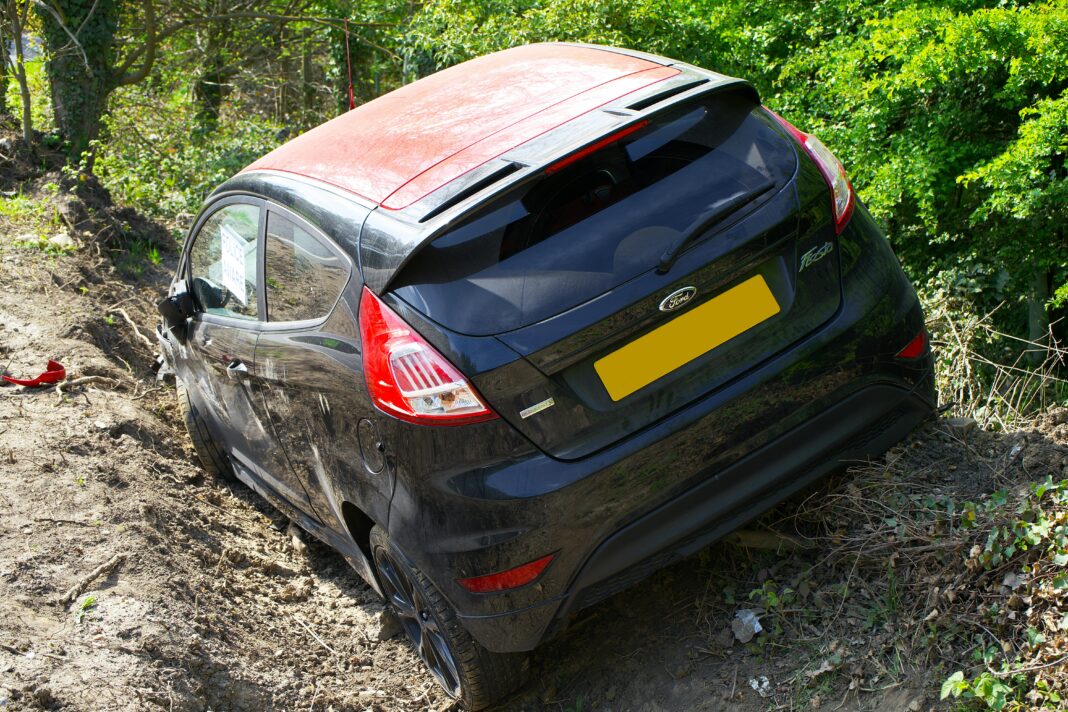With so many types of insurance policies, you would think that all you had to do was file a claim, and, poof, the claim would be paid. However, that’s not quite how it works. All insurance policies have limits, and when you reach that limit, they stop paying. With that in mind, umbrella insurance was invented.
What Is Umbrella Insurance?
No, it doesn’t cover you should it rain outside, at least literally, but metaphorically, it kind of does. Umbrella insurance is a liability insurance that provides coverage over and beyond what your primary insurance will cover. Once your policy reaches its top limit, umbrella insurance kicks into place and protects your home, car or other assets or income from expensive lawsuits or legal claims.
Think about your car insurance policy. It may come with a liability limit of $500k. That may seem like a lot—more than you’d ever need, right? But read on for more about umbrella coverage and how it can help you if you’re sued for $1 million when you accidentally ran a red light and caused a terrible accident. If you didn’t have this “rainy day” policy, you would be responsible for that remaining $500,000. Do you really want to put your savings, investments or house mortgage at risk like that?
Umbrella Insurance and Car Accidents
Your main insurance policy is the first line of defense if you have an accident that results in a lawsuit claim. However, if (or when) the damages, legal costs, and other outlays of money go beyond the policy limits, umbrella insurance will cover the leftover charges up to the limit of that policy.
Look for the umbrella to cover such costs as:
- Medical expenses for injured parties
- Property damage
- Legal fees and court costs
- Lost wages and other damages awarded to the other party
What Are the Benefits of Umbrella Insurance?
- Higher liability coverage: Umbrella insurance gives an additional layer of protection. This, in turn, gives you peace of mind, knowing that your assets are better protected in the event of a severe car accident.
- Affordable premiums: When you consider how much coverage you’ll receive, umbrella insurance is relatively inexpensive. Policies typically start at around $150 to $300 per year for $1 million in coverage.
- Broad coverage: While auto accidents may be the primary use of these policies, they can also cover a wide range of incidents beyond car accidents, such as slip-and-fall accidents on your property, libel and slander claims, and more.
But What Are The Drawbacks?
- Additional cost: While affordable, any way you look at it, it’s still an added expense on top of what you’re already paying for your current insurance policies.
- Higher coverage requirements: To qualify for umbrella insurance, some polices require an increase to the liability limits on your primary insurance policies, which can also result in higher premiums.
- Policy exclusions: Like all insurance policies, umbrella insurance has certain exclusions and limitations. Do your due diligence and find out what it does and doesn’t cover before you purchase a policy.
Umbrella insurance can provide valuable protection for your assets in the event of a severe car accident or other liability claims. By offering an additional layer of coverage above your primary insurance policies, umbrella insurance can help safeguard your financial future and give you peace of mind. While there are some potential drawbacks to consider, the benefits of having umbrella insurance often outweigh the costs for those with significant assets to protect.

